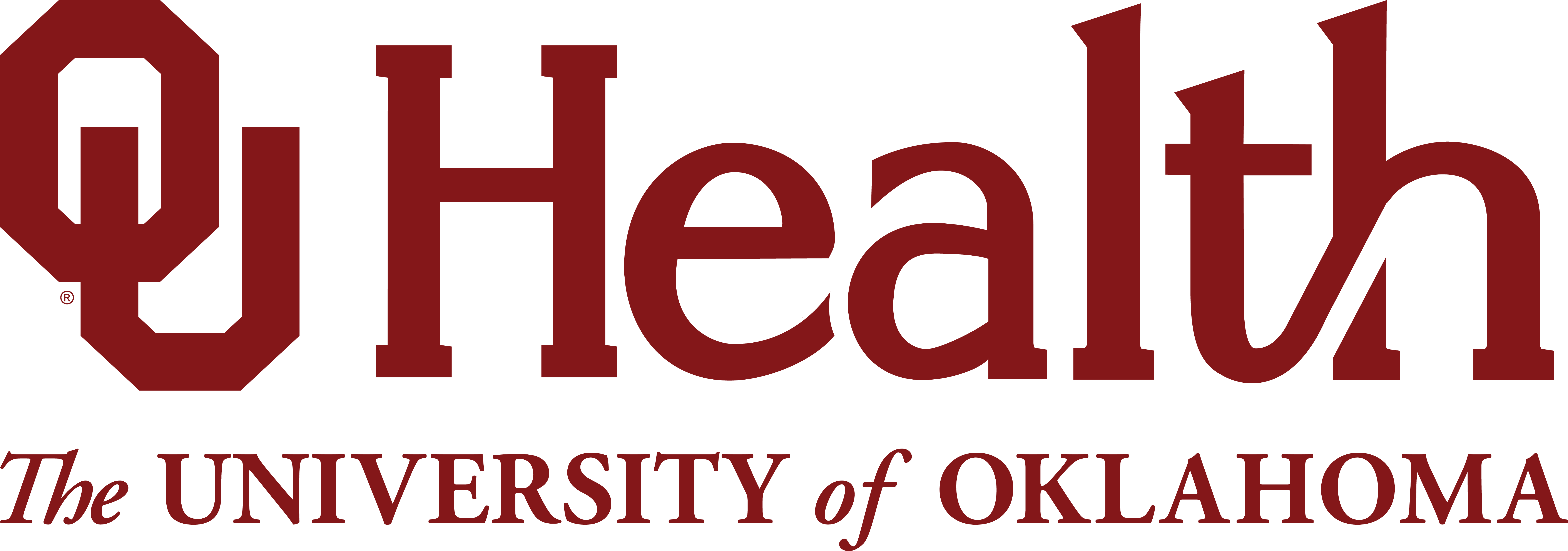Rising Heart Disease Rates in Younger Adults: Causes, Risks, and Prevention
- Category: Blog
- Posted On:

Think heart disease only affects older adults? Think again. More adults under 40 are experiencing heart problems than ever before, and the trend is concerning OU Health experts.
"We're seeing younger patients with high blood pressure, high cholesterol, and even heart attacks," said OU Health cardiologist Dr. Stavros Stavrakis, M.D., PhD, associate professor of cardiology at the University of Oklahoma College of Medicine. "The reality is that heart disease doesn't suddenly appear at 60. It develops gradually over decades, often beginning in your 20s and 30s."
In Oklahoma, heart disease trends among younger adults paint a concerning picture. According to the Oklahoma State Department of Health, cardiovascular disease is now the third leading cause of death for Oklahomans aged 25-44, with rates consistently higher than the national average. The state has seen a 30% increase in heart disease-related hospitalizations among adults under 45 over the past decade, reflecting a troubling shift toward earlier onset of cardiovascular problems.
Nationally, the American Heart Association reports that heart attacks are becoming more common in adults under 40, with a 2% annual increase in heart disease-related hospitalizations for this age group since 2018. More alarmingly, studies show that 1 in 5 heart attacks now occur in adults aged 40 or younger, a significant jump from just a decade ago when this age group accounted for only 1 in 10 cases.
What's Behind the Trend?
Risk factors like obesity, high blood pressure, and diabetes are appearing earlier in life, with nearly half of adults aged 20-44 having at least one major cardiovascular risk factor.
Several lifestyle factors common among young adults also contribute to early heart disease:
- Prolonged sitting and screen time
- High-stress jobs and poor work-life balance
- Processed food-heavy diets
- Vaping and tobacco use
- Inconsistent sleep patterns
- Delayed medical check-ups
"Many young adults have never had their cholesterol checked or don't know their blood pressure," Dr. Stavrakis said. "These simple screenings can reveal early warning signs before problems develop."
The good news? Most risk factors are within your control. Small changes now can significantly impact your heart health later:
Taking Control of Your Heart Health
Taking control of your heart health begins with scheduling an annual physical with a basic heart health screening. However, lifestyle changes also play a major role in the continued health of the heart. Small changes to make include:
- Move more throughout the day–even short walks count
- Choose whole foods over processed options
- Prioritize 7-8 hours of quality sleep
- Find healthy stress management techniques
- Know your family history
Red Flags Young Adults Shouldn't Ignore:
Oklahomans of any age should be aware of the warning signs of heart disease, which can include:
- Unexplained fatigue
- Shortness of breath during normal activities
- Heart palpitations
- Chest discomfort or pressure
- High blood pressure readings
- Family history of early heart disease
"The choices you make in your 20s and 30s lay the foundation for your heart health later in life," said Dr. Stavrakis. "It's much easier to prevent heart disease than to treat it once it develops."
Quick Heart Health Check
- When was your last blood pressure check?
- Do you know your cholesterol numbers?
- Have you discussed your family history with your doctor?
- Are you getting regular physical activity?
- How's your stress level?
Ready to Take Charge of Your Heart Health?
OU Health's comprehensive heart care team specializes in early detection and prevention. Our experts can help you understand your personal risk factors and develop a plan to protect your heart health for decades to come.
OU Health Physicians Cardiology, Pulmonary & Vascular Medicine Clinic brings together Oklahoma's most comprehensive team of heart and vascular specialists, combining advanced technology with pioneering research to deliver exceptional cardiac care. As the state's only comprehensive academic health system, OU Health provides access to groundbreaking clinical trials and the latest treatment options while training the next generation of cardiovascular specialists.
OU Health’s multidisciplinary approach means patients benefit from collaborative care that includes preventive cardiology, advanced diagnostic testing, minimally invasive procedures, and complex surgical interventions, all available in one integrated system.
Don't wait for symptoms to appear. Take control of your heart health today by learning about heart care services offered by OU Health by calling (405) 271-7001 in Oklahoma City or (918) 619-4100 in Tulsa to schedule a heart health screening or consultation.



